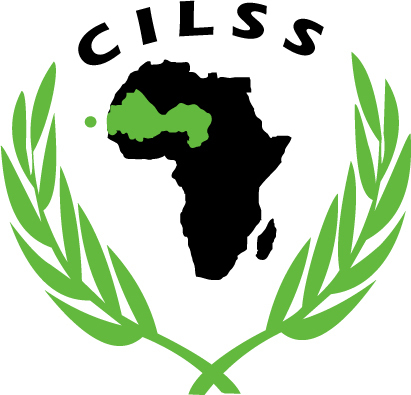The Permanent Interstate Committee for Drought Control in the Sahel (CILSS) was established on September 12, 1973, in response to the severe droughts that affected the Sahel in the 1970s. Born from the vision of its founders to foster active solidarity among nations, CILSS is celebrating its 50th anniversary this year.
Today, CILSS includes thirteen member states, consisting of eight coastal states (Benin, Côte d’Ivoire, The Gambia, Guinea, Guinea-Bissau, Mauritania, Senegal, Togo), four landlocked states (Burkina Faso, Mali, Niger, Chad), and one island state (Cape Verde). Sudan and the Central African Republic are pending membership. CILSS currently operates across the entire ECOWAS region as well as in Mauritania and Chad, covering a total of 17 countries.
Over five decades, CILSS has provided significant support to its member states and the populations of the Sahel and West Africa, developing mechanisms, tools, and resources that today enable a better understanding and more effective responses to the region’s sustainable development challenges. These include drought, the adverse effects of climate change, water and energy management, regional food market inefficiencies, food insecurity, population challenges, and training needs. Thanks to CILSS, supported by technical and financial partners, the region is now better prepared for natural disasters such as floods and droughts.
The 50th-anniversary celebration throughout 2023, marked by large-scale events, will be an excellent opportunity for exchange, sharing, and communication to highlight the significant achievements and scientific knowledge that the institution has developed for the benefit of its member states and their resilient populations.
This celebration will also provide an ideal platform for CILSS to advocate at a high level to its technical and financial partners for strengthened strategic partnerships to fund its 2023-2027 work plan, which aligns with its 2050 vision and fulfills its renewed mandate.
- Current Events
- Upcoming Events
- Past Events



